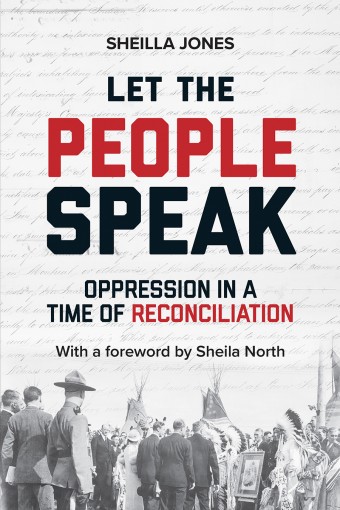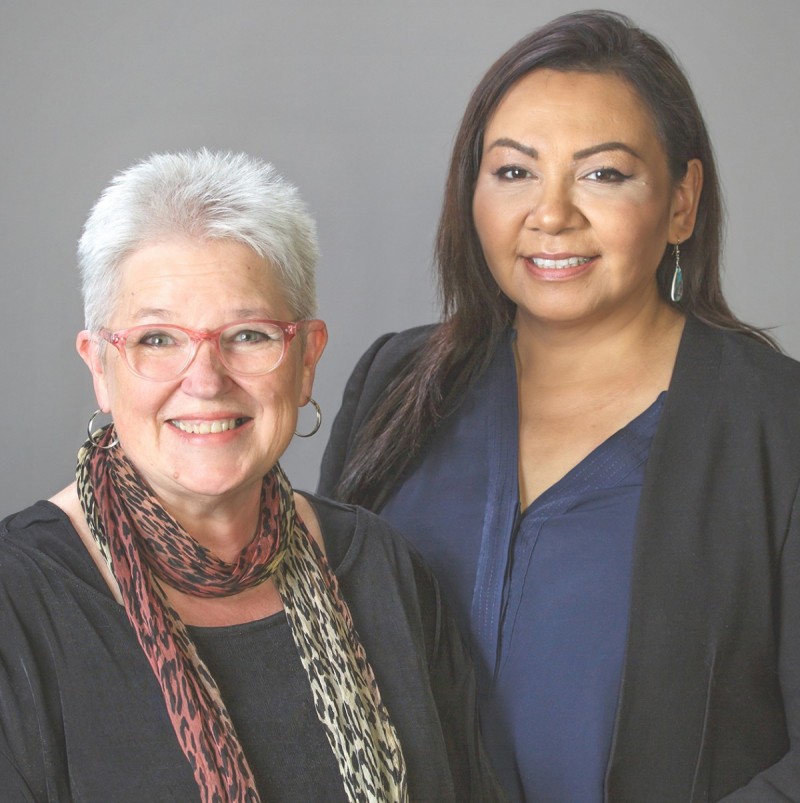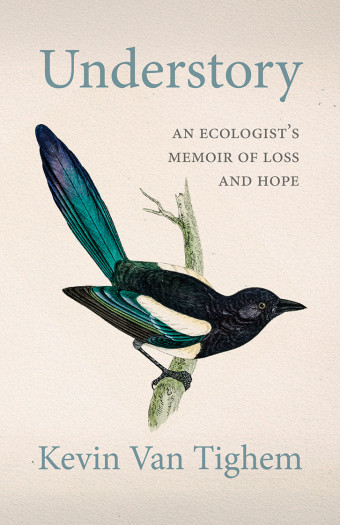In Let the People Speak: Oppression in a Time of Reconciliation, Winnipeg-based, award-winning journalist Sheilla Jones presents social inequities that affect Indigenous communities in disproportionate numbers as the symptoms of institutionalized powerlessness.

- Let the People Speak
- Sheilla Jones
- J. Gordon Shillingford Publishing
- $22.95 Paperback, 256 pages
- ISBN: 978-19-27922-56-9
Thus, the solution to these issues – such as high levels of poverty, suicide, incarceration, children in care, and family violence – is empowerment.
Jones explains how this can be achieved through modernizing the system of treaty annuities, which would be linked to the increasing value of ceded lands and paid directly to every First Nations person.
“For First Nations people, that empowerment was written into the historic treaties, and has yet to be honoured,” she says. “Modernizing annuities to share the land and honour the treaties is both revolutionary and practical. But most important, it is entirely achievable if there is the political will to make it happen. Let the People Speak takes a hard look at the effects of federal Indigenous politics over the past 50 years, and then offers a path forward.”
Jones has been thinking about this need for empowerment for a long time. “As a journalist covering Indigenous issues 20 years ago, I was perplexed by the seeming inability of Canada’s federal and Indigenous political leaders to resolve the issues of grinding poverty and hopelessness plaguing so many Indigenous communities,” she says.
“Despite the efforts of hundreds, if not thousands, of well-meaning and enthusiastic bureaucrats and officials over the years, those issues seemed to be getting worse instead of better. I wanted to know why. It took time and insight from Indigenous activists and Indigenous Affairs insiders to finally be able to frame the issues at stake in a way that made sense to me.”

Let the People Speak was written specifically “for ordinary Canadians who may not know a great deal about the seemingly impenetrable complexities of Indigenous issues, but who are among the roughly
80 percent of non-Indigenous people who want to be actively part of reconciliation,” Jones says.
“There are reconciliation events and exercises they can participate in, and those can all be helpful. However, if the First Peoples are systemically rendered politically and economically powerless and voiceless, how can there be any meaningful talk of reconciliation?”
Including the voices of regular Canadians is something Jones believes is essential for reconciliation to move forward. “There is no place at the table for the voices of ordinary Canadians – Indigenous and non-Indigenous – to be heard. We are shut out of the important and necessary work of arriving at a new relationship between the First Peoples and settlers. How can there be reconciliation without us?
“Ordinary Canadians hold the fate of federal politicians in their hands, and we can use our voices and our power to ensure that Indigenous voices are also heard. That’s when talk of reconciliation will become real.”
Jones hopes that ordinary Canadians will recognize their collective power to influence change in federal Indigenous policy.
She says, “Politicians are loath to take political risks – and Indigenous politics can be a minefield – but if they are assured that a significant number of Canadians support empowerment of First Nations people through annuity modernization, we can make it happen.”













